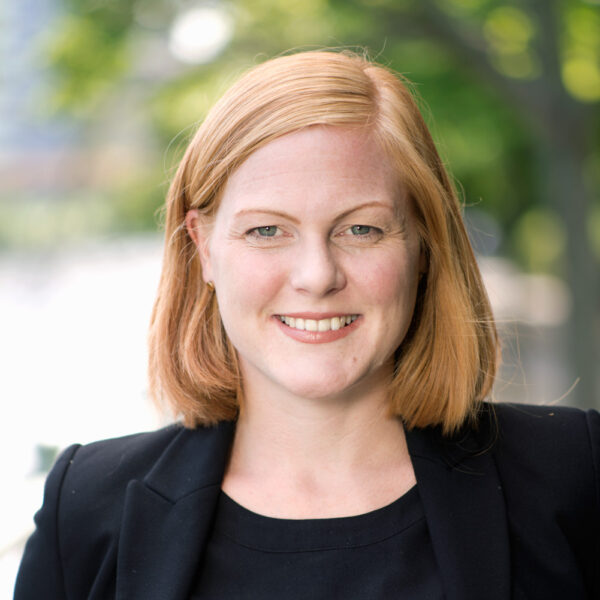Visit www.GlobalPerspectives.online to find out more and register
Our planet currently hosts the largest youth generation of all times with over half of the world’s population under 30 years old. In only a few years, an entire generation will have grown up in an in a digitalised, and globalised world. How society connects, gets involved with and gives to social causes, is already, and will continue to profoundly affect International Civil Society Organisations’s work.
The Millennial Impact report found that young Americans remain as passionate about creating a better, more inclusive world as former generations but that the way they engage is very different. Rather than confronting and trying to change someone’s mind, they choose to educate themselves and count on their own initiative to create change. They share a mindset of influencing their environment by what they buy as well as advocating for their beliefs via social media. While signing petitions, volunteering for causes and connecting via institutionalised platforms is less attractive. They seem to no longer rely on traditional institutions such as political parties or CSOs to effect social change.
However, the story is different in the Global South, where the largest part of the new generation lives. On the one hand, growing disenfranchisement of youth has been linked to social unrest, fuelled by unemployment. On the other hand, this large youth generation provides a unique chance for development and there are significant opportunities for them to play a paramount role in shaping and advancing the political and socio-economic environment. While engagement of the new generation with civil society organisations might be decreasing in countries with stable political and economic environments, there is potential for growth in the global south: Demands for fair wealth distribution and greater civic space by young people offer increased possibilities and importance to CSOs missions.
Clearly, there are opportunities and challenges for CSOs linked to the new generation. In any case, as UNICEF will likely state in their Young People’s Agenda (released this autumn), we will never be able to reach the ambitiously laid out SDGs if we fail this young generation. So in order to stay relevant and attractive, to make an impact and achieve their mission but also to grasp opportunities linked to the new generation, CSOs will have to adapt their ways of working to the needs and preferences of a new audience of communities, supporters and employees.
The questions raised by changing behaviours of a new generation will be what drives our conversation at Global Perspectives 2018 over three days between leaders from key national and international CSOs and people whose passion are causes for social good.
Pushing this conversation ahead, Global Perspectives 2018 will:
- Provide an understanding of how the new generation through different values and preferences pushes for change in the way CSOs work for a just and sustainable world.
- Showcase innovative initiatives by and for young organisations as well as established CSOs aiming to explore new ways of unleashing the potential of the next generation.
- Offer cross-sectoral networking opportunities by bringing together civil society leaders with other stakeholders to develop new ideas and initiatives.
- Explore concrete steps for CSOs to take in adapting their organisations to better fit the next generation.
Held between 31 October – 2 November in Kreuzberg, Berlin, Global Perspectives provides a combination of workshops, panel discussions and interactive peer-to-peer exchange. We put great emphasis on maximising mutual learning opportunities. Conference attendees are invited to contribute to the conference in various ways, such as by hosting a workshop, planning side meetings or show-casing their organisation’s initiatives.
We invite you to take a look at www.globalperspectives.online, let us know what you would like to discuss at the event and join us there. If you have any questions or would like extra information, please contact Nihal Helmy.










